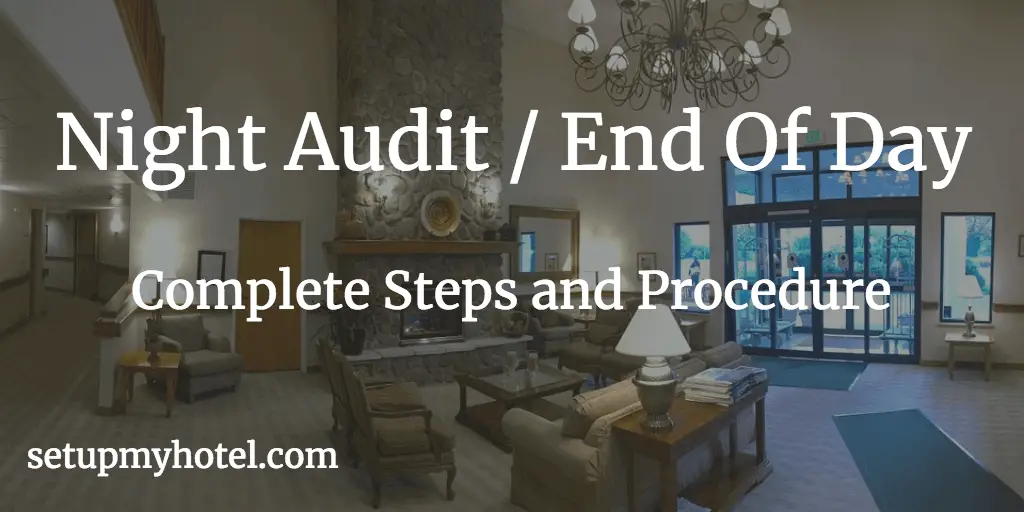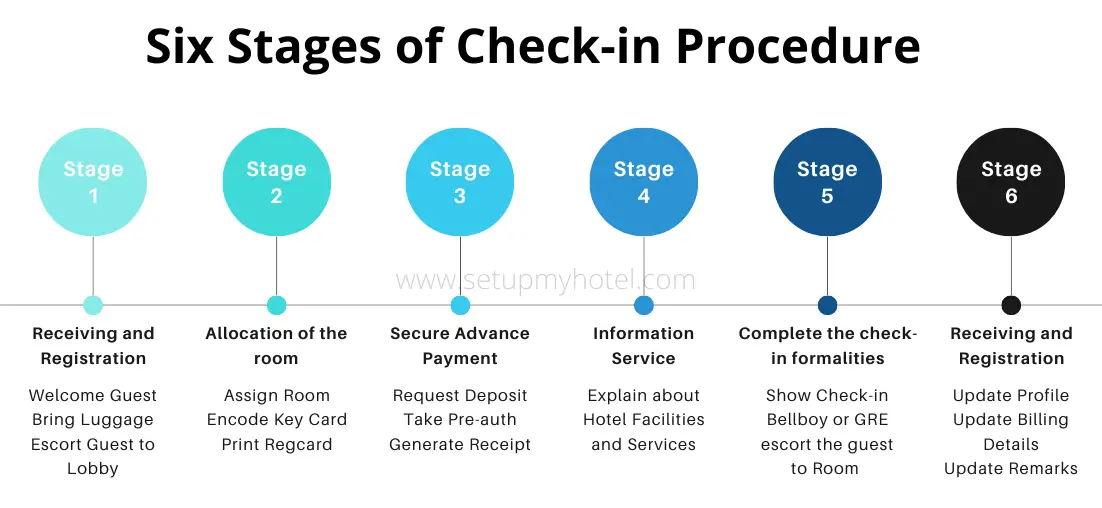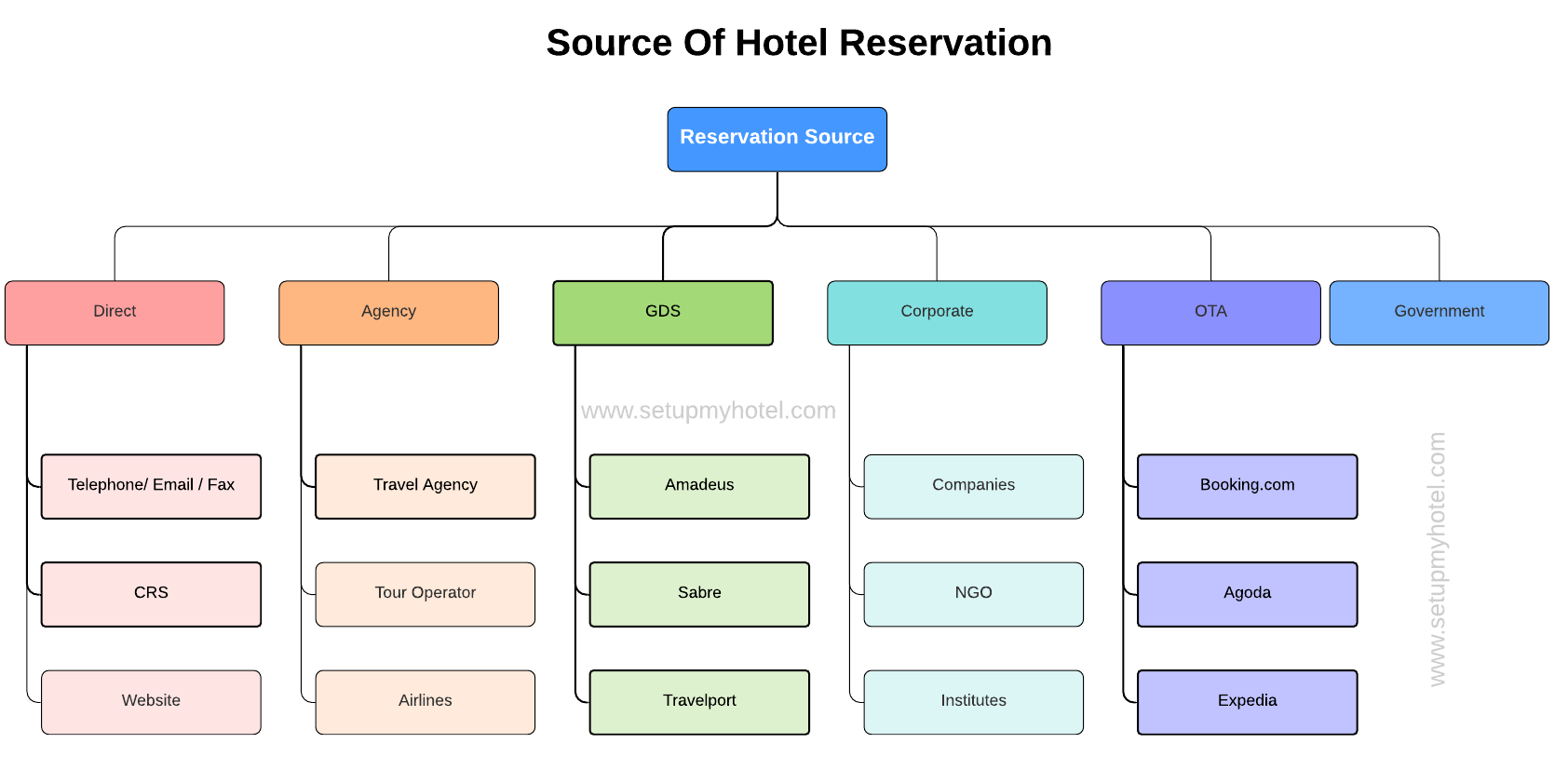Standard Front Office Billing Instructions / Billing Codes
Standard Front Office Billing Instructions / Billing Codes Billing or payment instructions are used to display the billing method of ...
Read more
How To Handle VIP and VVIP Arrivals In Hotels

VIP and VVIP Arrivals in Hotels: When it comes to VIP and VVIP arrivals in hotels, it’s essential to ensure ...
Read more
Hotel Night Audit / End Of Day Process – Hotels | Resorts

Night Audit / End of Day Process in Hotels The hotel night audit is a crucial process that takes place ...
Read more
How To Block / Allocate Rooms For Expected Arrivals

Tips for Blocking/Allocating rooms for expected arrivals One of the most important aspects of running a successful hotel is ensuring ...
Read more
Advantages Of Pre Registering Guests

Pre-registering guests for Operational Excellence. Pre-registering guests in hotels has several advantages for both the hotel and the guests. Firstly, ...
Read more
21 Tips For Up-selling Guest Rooms In Hotel Front Office

Tips for Effectively Upselling Guest Rooms at the Front Office Tips For Up-selling Guest Rooms Up-selling is a great way ...
Read more
Daily Tasks List / Checklist – Concierge – Morning Shift
Daily Task list sample for Concierge – Morning Shift Date: ________ Emp Code / Name:___________________ Shift Time:________________ Time Tasks Done ...
Read more
Hotel Guest Personal Identifiable Information (PII) Details/List – GDPR

Details/List of Guest’s Personal Identifiable Information (PII) collected by the hotel – GDPR As a hotel guest, you may be ...
Read more
6 Stages Of The Guest Check–In Procedure [With Flowchart]

6 Stages of The Guest Check-In Procedure The hotel guest check-in procedure involves all stages from the arrival of a ...
Read more
Different Booking Source Of Hotel Reservation with Examples

Different Booking Sources of Reservation in the Hotel Industry There are numerous ways a hotel can learn about the guest’s ...
Read more









